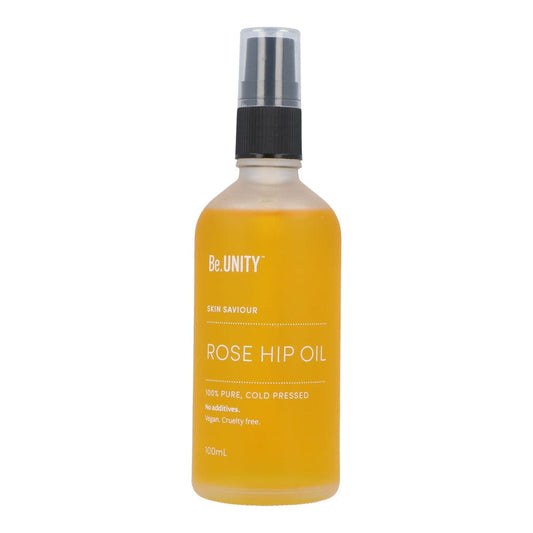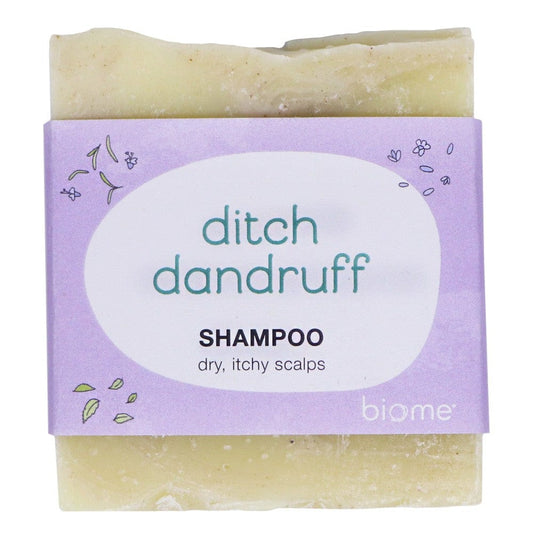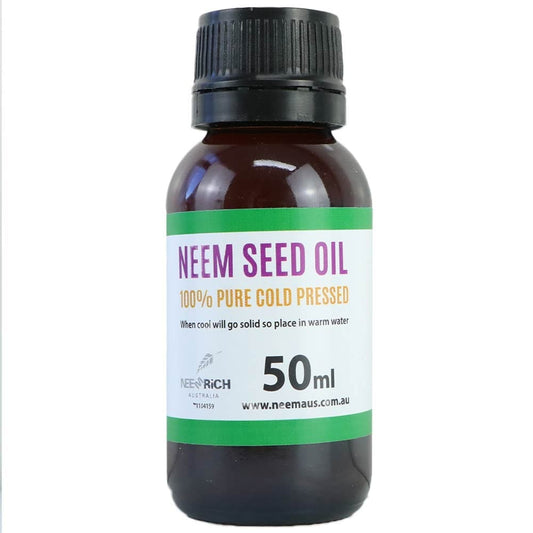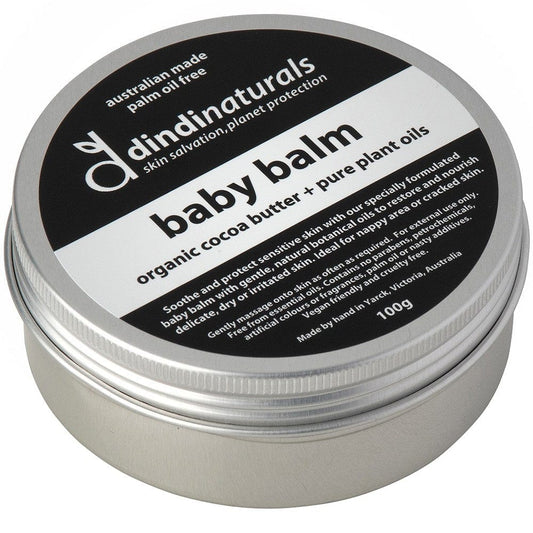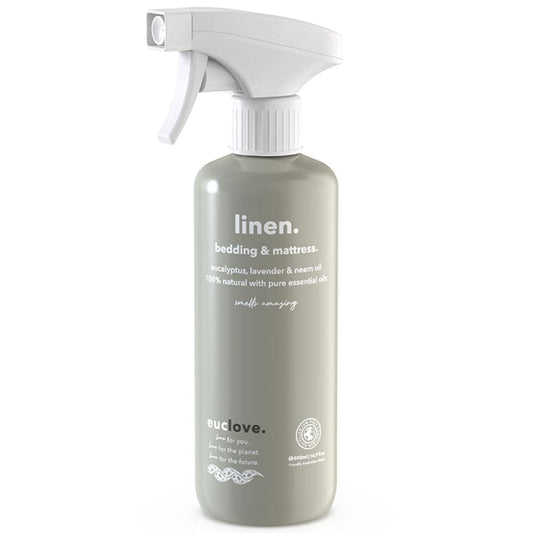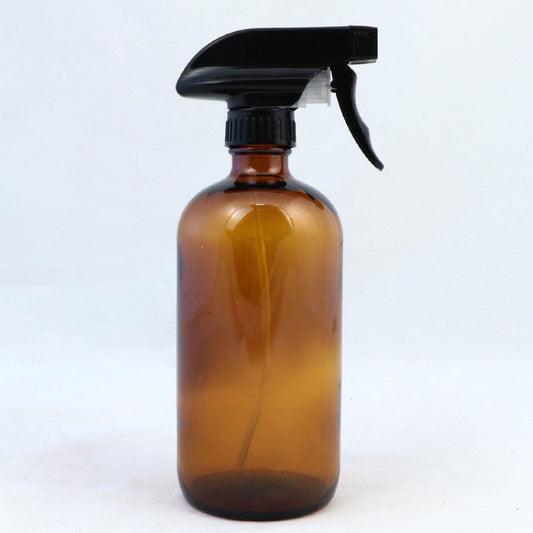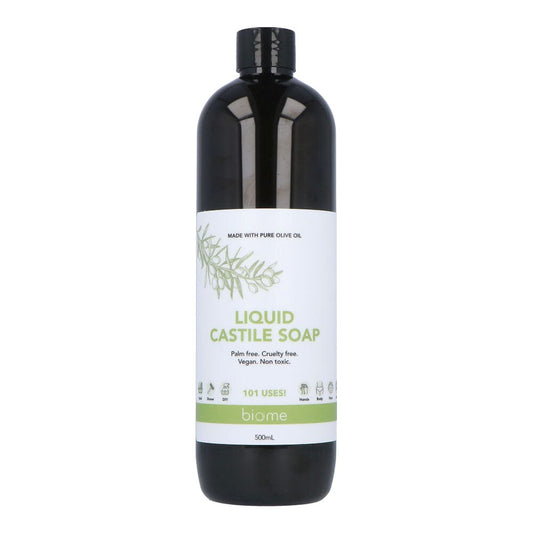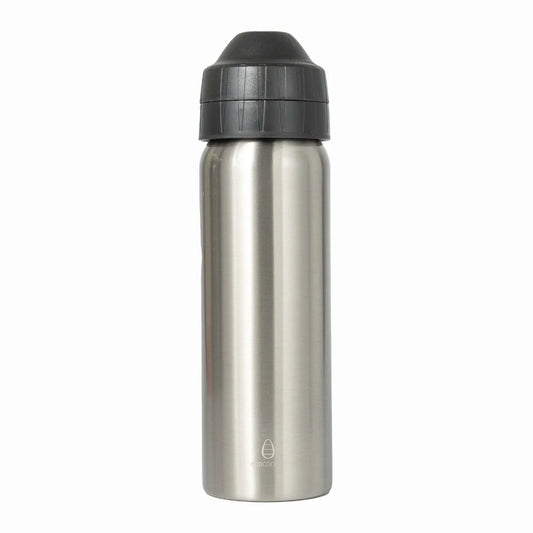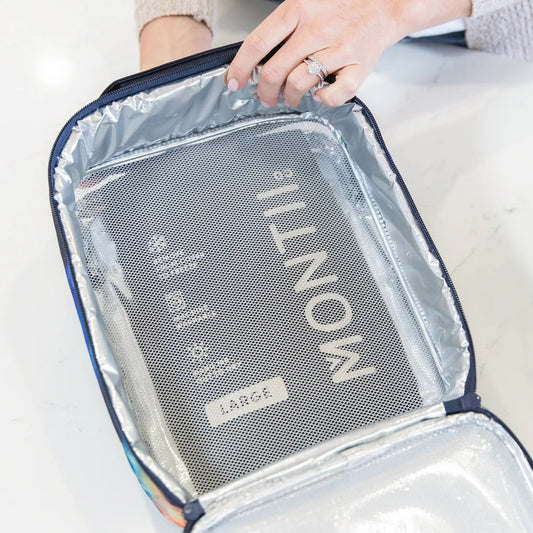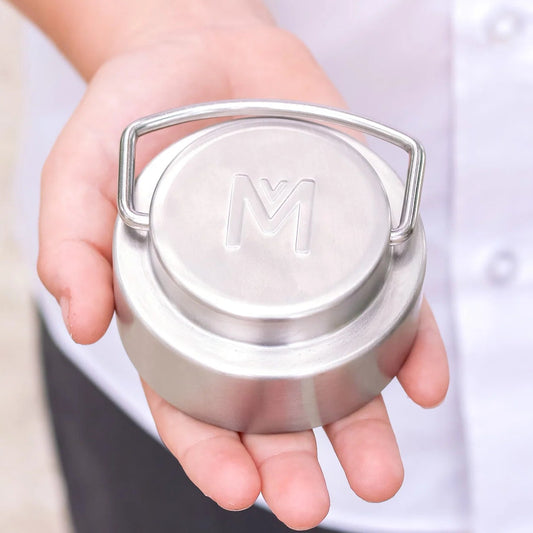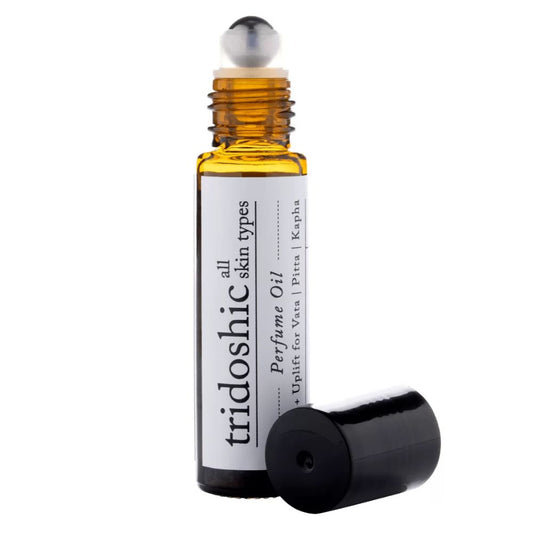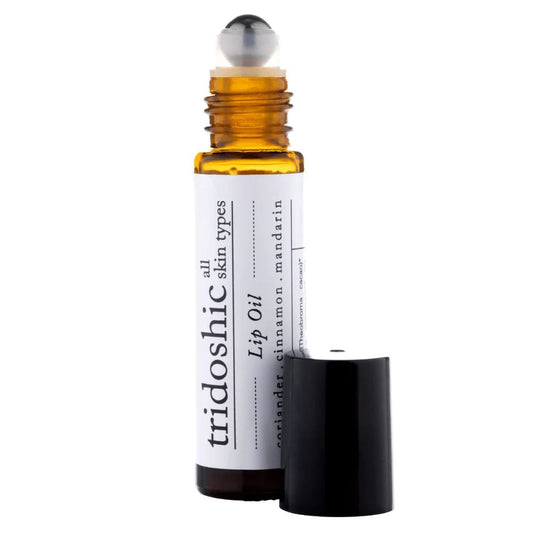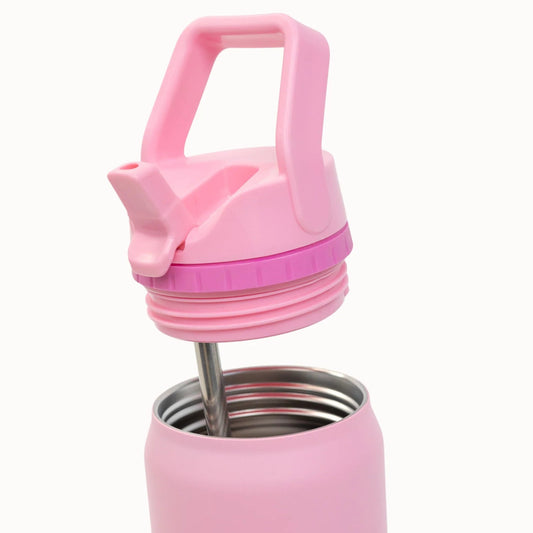
We hear this all the time in store at Biome (places where customers know they can come to get the real answers about the hype they see on the socials!) —“I see neem oil mentioned everywhere… but what can I actually use it for?” Fair question. It’s one of those ingredients that shows up in everything from garden sprays to face oils. So here’s what we’re doing: breaking down exactly what neem oil is good for and how to use it safely.
In a nutshell
- Neem oil is a natural, multi-purpose insecticide and antifungal for your garden, skin, and home
- Popular for pest control, skincare, and natural healing remedies
- Biome stocks organic, cold-pressed neem oil for safe, effective use
- Always check the cautions below: allergies, pets, sensitive plants
Neem oil: What is it and how is it used?
Neem oil is a natural oil pressed from the seeds of the neem tree (Azadirachta Indica), native to India. Neem oil has been used throughout history in traditional medicinal practices.
Neem is a natural insecticide with anti-fungal, and antibacterial properties, which is why you’ll find it popping up in eco-friendly gardens and natural skincare routines alike.
The most common uses for neem oil
1. Natural garden pest control and plant tonic in one
In the garden in Australia, neem is a true multitasker. It works as a natural insect deterrent and a gentle leaf conditioner when diluted properly.
Not all plants can tolerate neem. So please see plants to avoid below.
Neem oil contains azadirachtin, a compound that disrupts the life cycle of pests like gnats, caterpillars, aphids, mites, whiteflies and more. It doesn’t kill on contact—it stops them from feeding, laying eggs or maturing, which means fewer pests over time. And unlike synthetic sprays, neem does not harm bees, birds, earthworms or your soil.
When used at a gentler dilution, neem oil can also help prevent fungal issues like powdery mildew or black spot, clean dust and grime off leaves (especially indoor plants), and add a natural, non-toxic shine to smooth leaves
How to use neem for pest control:
- Mix 1–2 teaspoons Neem oil + a few drops of mild liquid soap into 500ml of water in a glass spray bottle
- Shake well and spray directly onto the plant—tops and undersides of leaves, stems, and surrounding soil
- Do not wipe off—leave it to sit so pests ingest or contact it
- Reapply every 7–10 days, or after heavy rain
How to use neem as a plant conditioner / for fungal support
- Mix ½ teaspoon Neem oil + a few drops of mild liquid soap into 500ml of water
- Spray onto foliage in the cooler part of the day
- Optional: Gently wipe smooth leaves with a soft cloth (skip wiping hairy or delicate leaves)
- Use every 2–3 weeks as a preventative
⚠️ Important notes before you spray
- Always patch test first: Spray one or two leaves, wait 24 hours, and check for any damage
- Only spray when plants are well hydrated and not in direct sun—early morning or late afternoon is best
- Neem oil can be toxic to some pets, especially cats—check with your vet before using in pet zones
- Do not use neem oil on edible plants.
🛑 Plants that don’t like neem oil
Some plants are too delicate for neem, or need very cautious use:
- Delicate leafy greens and herbs: Lettuce, spinach, basil, parsley, thyme, coriander
- Succulents and waxy-leaved plants: Like jade plants—neem can block their pores. Biome founder, Tracey, wiped out her beautiful bank of native pigface that had an aphid infestation by spraying on neem oil. :( "I should have diluted more and patch-tested first!" Tracey said.
- Tropical houseplants: Calathea, prayer plants, stromanthe—easily burn or spot
- Seedlings and stressed plants: Neem can overwhelm fragile plants
Safe use tips:
- Dilute more than usual for sensitive species
- Test a few leaves before full application.
- Spray only in cool, shaded times of day
Dilution for succulents and sensitive plants: Start very mild—about 0.5–2% neem oil in water. For example, mix a few drops (5 ml) of neem oil with 1 litre of water and a drop of mild liquid soap.
With the right dilution and timing, neem oil is a simple, powerful way to protect your garden naturally—no harsh chemicals, just smart, consistent care.
Here's some of our favourite neem products to help keep your gardens and plants thriving:
- Our 100% pure Neem oil
- Use the We The Wild Protect Spray to keep your plants healthy and safe from pests. See the rest of the We The Wild range here for all your plant needs.
- To keep foliage shiny and healthy, use the Plant Runner Neem Oil Leaf Shine.
2. Skin, scalp and tooth care
Neem oil is traditionally used for its soothing, antibacterial, and antifungal benefits. It has naturally occurring Vitamin E, which helps moisturise skin, and reduce itchiness and dryness.
One of our Biome team members recalls how, growing up in India, her mother would grind fresh neem leaves into a paste to treat minor scrapes, insect bites, and skin irritations. It was and still is a go-to household remedy, passed down through generations.
Neem oil can be used for:
- Acne and breakouts: Dab a small amount (diluted with a carrier oil such as jojoba or rosehip oil) onto blemishes.
- Dry skin and eczema: Use in salves and balms to help moisturise and heal sensitive and damaged skin. The Dindi Baby Balm is a great option for sensitive skin!
- Insect bites and scratches: A few drops, diluted in oil, on bites will soothe and speed up the natural healing time.
- Scalp and dandruff: Add a few drops to your shampoo to help with flakiness or itchiness. See our Biome Shampoo Bar for dry, itchy scalps.
- Dental health: toothpaste
A note from the Biome Team:
“A little goes a long way" - neem oil has a strong scent and can be quite potent, so always patch test before using on skin.
3. Household cleaning
Neem oil isn’t just for gardens and skincare - it’s a powerful ally for keeping your home clean, naturally.
- DIY all-purpose spray: Add a few drops of neem oil to a mixture of water, vinegar, and a little castile soap for a natural surface spray. This helps to combat germs on benchtops, sinks, and bathroom surfaces.
- Floor and tile cleaning: Mix a small amount of neem oil into your mop bucket with water and a dash of natural detergent.
- Mould and mildew: Neem’s antifungal action can help with mould-prone areas. Simply spray a diluted neem solution onto the spot and leave to work before wiping clean.
Tip: Neem oil has a strong scent, so mix with a little lemon or eucalyptus essential oil if you prefer a fresher aroma. The scent does dissipate shortly after spraying.
If you want the cleaning benefits of neem oil without the DIY, Euclove is a Biome customer favourite. Euclove blends neem oil with essential oils to create naturally effective, family-safe cleaning products.
Our Euclove Linen Spray is a powerful blend of essential oils and neem to create a beautiful fresh scent for your bed linen, whilst also fighting off dust mites, bed bugs and more.
How safe is neem oil?
For humans: Neem oil is generally safe when used as directed, but it is potent. Always dilute before using on skin and do not ingest. Please always consult a medical professional before trying new products on your skin.
For pets: Neem oil can be unsafe for cats and small dogs. Always research or check with a vet first.
For plants: Safe for most plants, but can test a small area first, especially on delicate leaves. Neem is a non-comedogenic oil, meaning it will not clog pores, plant and human alike!
Why choose organic, cold-pressed neem oil?
Cold-pressed neem oil retains more of the beneficial compounds found naturally in the seeds. It’s free from added chemicals or solvents, making it safer for your home, body, and the environment.
Find all products at Biome containing neem oil
FAQ
Q: Can neem oil cure fungal infections?
A: Neem oil has antifungal properties, but please consult a health professional before using it on persistent infections.
Q: How long does neem oil last once mixed?
A: Mixed sprays are best used fresh, as neem oil can degrade over time in water.
Q: Does neem oil smell bad?
Neem oil has a strong, earthy, sulphur-like scent. It usually fades quickly after application.
Q: Can I use neem oil on indoor plants?
Absolutely. Just avoid over-spraying and wipe leaves to prevent residue build-up.
Q: Is neem oil safe for edible plants?
No, it is not advised to use neem oil on edible plants.
↠ This article is part of Biome’s FAQ Series—real answers to real questions our customers ask every day about sustainable living, natural, toxin free and plastic free products, and making eco choices that matter. Find the whole Real FAQ series here
Related reading
How To Make Your Own Dust Mite Spray Using Neem Oil
Scabies: Effective Natural Remedies to Soothe and Heal Scabies
Everything You've Been Afraid to Ask About the Bugs That Share Your Bed

